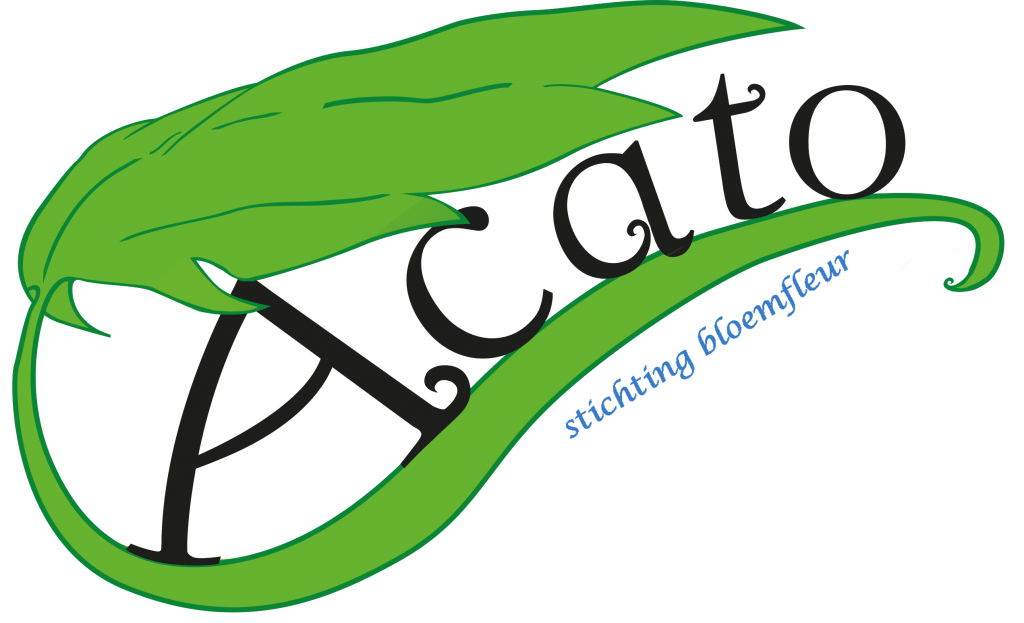Our Vision
Founder Sas Boot was interviewed by Jente van der Woude of Anderwijs.
Our methodology
We work with the method of Autisme Centraal, the ACM. www.autismecentraal.com This method was developed in Belgium and is now also used in the Netherlands. The method fits well with our organisation, because the person is the starting point, and not 'the problem' or 'the disorder'. The method has 5 characteristics:
Autistic thinking: Good coaching starts with understanding. Learning to understand each other.
Basic rest: Provide adaptations in the environment so that the pupil can seek and find rest himself.
Double track :Creating a safe environment but also teaching the pupil to have an eye for other things. What moves other people, society, what is expected of you later on.
Individuality: In all the above-mentioned matters, the human being, and who he is, plays the most important central role. How the environment is adapted and what you learn to take into account depends on your own place in life, your character and your ambitions and motivations.
Functionality: Ultimately, everything a pupil learns must have meaning. Be useful for his future. To lead him to an independent life, which he will start with confidence, with curiosity and also with a bit of healthy tension and above all knowing who you can rely on and where you can get help and support.
The summary above has been extracted from: http://www.autismecentraal.com/docs/ARTICLES/autismecentraalmethodiek_uitleg_site.pdf
Our view on learning
Balance between autonomy, competence and relationship
Connecting to living environment and interests
Your own time and space; your own structure
Above all, we assume the provision of time and space. Pupils can take the time to get used to it, take the time to discover what they want, take the time to establish relationships. In doing so, you can indicate and follow your own structure, because only your own structure really works.
Learning to understand each other
Gaining new experiences
Acato learning community in practice
Some examples
On Mondays there is CKV and Art appreciation, but also sports lessons and perspective drawing.
On Tuesdays, there is make-up and cooking, as well as maths and English, and programming. In the afternoon, some pupils take singing lessons.
On Wednesdays, pupils work on sets for the theatre, and there are dance and guitar lessons.
On Thursdays, there is digital drawing, sewing class, table tennis and work on furnishing the new library. There is also technology.
On Fridays there is maths, Dutch and sports.
Not everyone follows these lessons. If you walk in at any time, you will see a group of students working with the teacher, another student at the computer, yet another student taking a break or working independently on a subject.


